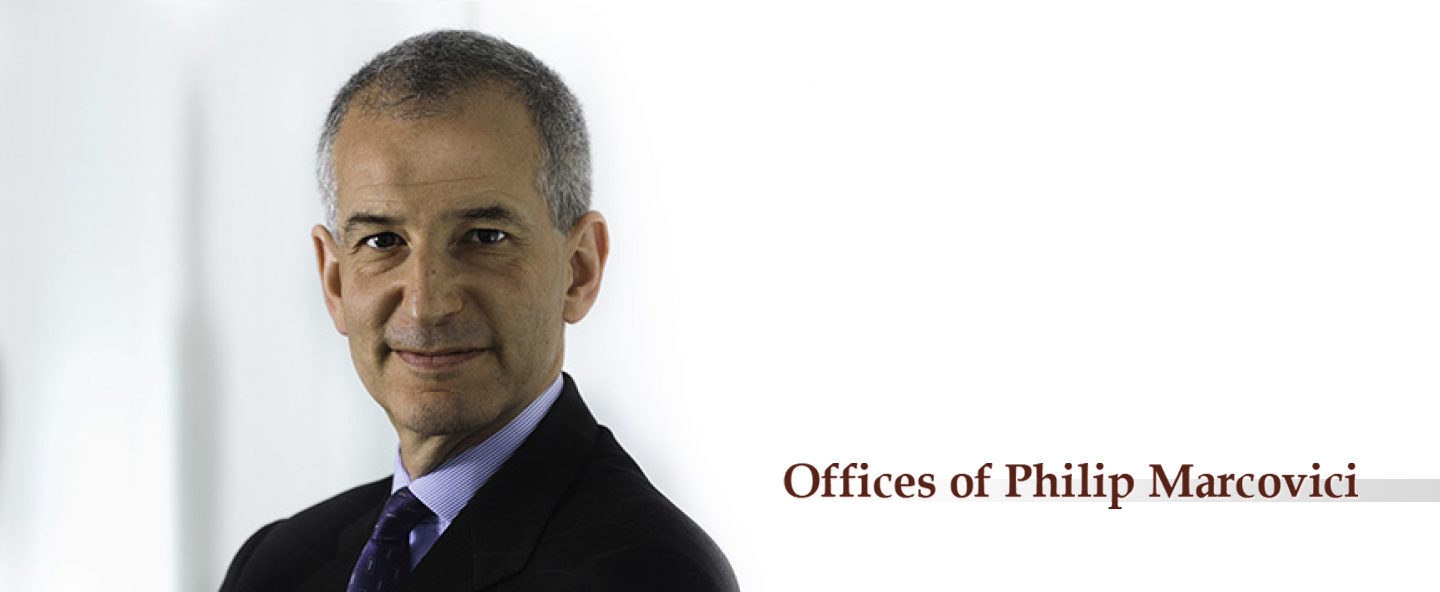Philip Marcovici has been working with the Cambridge Institute for Sustainability Leadership (see https://www.cisl.cam.ac.uk/ ) on a new programme oriented to global wealth and business owning families entitled Multi-Generational Leadership for Sustainability: Equipping wealth and business owning families to shape the 21st Century. Information on the programme, a further link to a brochure and sign-up information is at: https://www.cisl.cam.ac.uk/education/executive-education/multi-generational-leadership-programme
As a founding advisor to CISL on this initiative, Philip is a member of the programme Advisory Group as well as a facilitator and lecturer for several of the interesting sessions taking place.
The idea behind the Multi-Generational Leadership programme is to equip business and wealth owning families with what they need to help shape the 21stCentury.
A few things about the programme:
- A one-week residential programme in Cambridge, UK, with the next cohort scheduled to meet November 11 to 15, 2024. Members will attend a combination of thematic workshops, family case-study presentations, group discussions, guided one-to-one consultations, and networking gala dinners. An expert-led Faculty Team will guide members through the programme; as well as chairing and facilitating modules, they will hold 1:1 meetings with each participant to support their learning.
- The focus of the programme is on wealth and business owning families across the world, open to family elders, current decision-makers and next generation members. We want to both attract those with the experience and gravitas to contribute to the dialogue that will take place within the programme and to facilitate real long term impact. The objective is to attract to the programme those who can be of positive influence to both their own families and to our communities, countries and planet.
- There will be opportunities for the next generation to meet and discuss among themselves, as there will be for family elders, current decision-makers and other participants. Meeting peers from around the world and sharing this journey with them will be meaningful.
- The main objective of the programme is to help create effective leaders – for the families involved, for the businesses they have an interest in, and for their communities and world.
- The criteria for participation (and there will be limited participation given, among others, the commitment of the University of Cambridge to ensure that this is an impactful programme that has a geographically diverse cohort) is largely focused on the potential of those attending to contribute – to the programme and to our world.
- There will be a very limited number of single family office representatives, with senior roles for the families they serve, who can accompany family members on the Multi-Generational Leadership journey. While not all sessions will be open to non-family participants to ensure the open dialogue that will be taking place, those from single family offices who do participate will benefit hugely, and also be in a position to help the family involved participate in this programme for the longer term, perhaps as the family has different family members participating from year-to-year. The opportunity to engage with peer leaders of global single-family offices will also be of value to attendees.
- Philip will be focusing his teaching in the programme on areas that he is passionate about. These include the role of tax systems in addressing wealth and income inequality and the management of risks, political and otherwise, for families given the lack of appropriate dialogue between wealth and business owners and governments and other stakeholders. The pandemic has increased, not decreased, political risk, and taxation can be and often is an element of political risk. How do we balance the need for simple and fair taxation at low rates with the needs of governments for revenue? How do we protect against corrupt governments and those that target political enemies using their tax system as well as other forms of expropriation? Other areas Philip will be focusing on include what families can do to apply circular economy principles to the family itself, and how this impacts not only family constitutions, but many aspects of how families own and steward assets and govern themselves. Among others, implementing ways to avoid “wasting” human resources, such as family members living in different geographies, working outside of the family business, or who are “retired” is part of this picture.
- The programme is designed to be a multi-year one. While a typical participant will undertake the one week in-person programme, the idea is that the participant will then be part of a global community of influential families that will regularly meet and discuss issues of concern, and engage, with facilitation, with stakeholders from academia, government and elsewhere. Having different family members attend this programme over the coming years might be beneficial not only for the family, but for our world.

